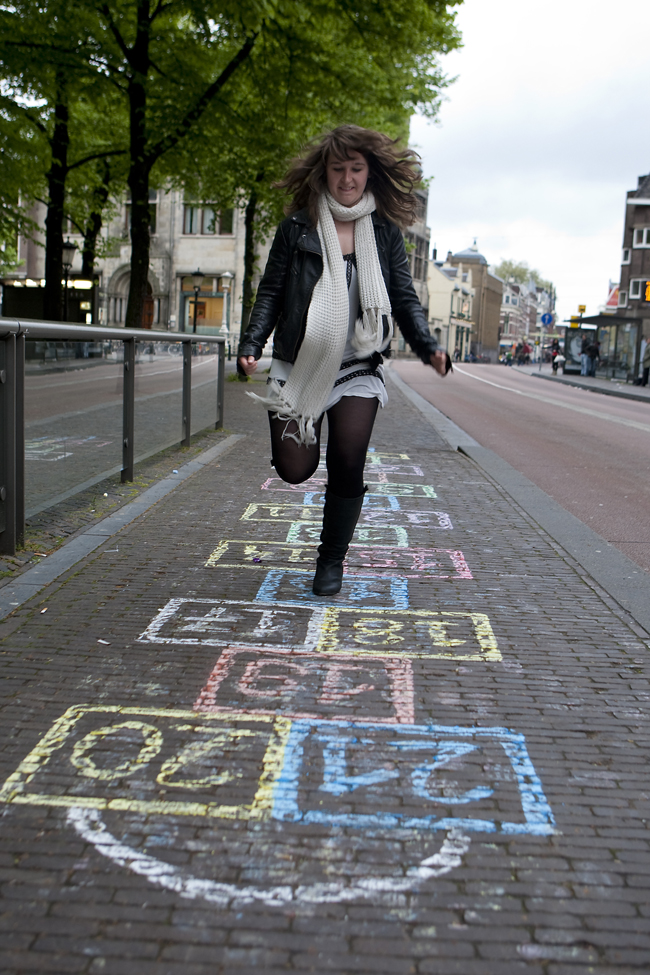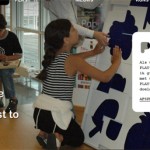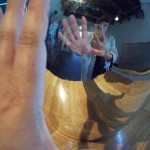Got an e-mail from Eveline Wawou this week - she represents artists that make art objects…
Notions of ‘self’
 I’m re-reading Sutton-Smith’s book ‘the Ambiguity of Play’. Apart from all the other interesting stuff he writes about, I’ve been focusing on the things he writes about play being a way to construct ‘a’ or ‘the’ self : ‘a’ self if one subscribes to the idea of multiple or mobile selves, ‘the’ self for those that prefer a fixed one.
I’m re-reading Sutton-Smith’s book ‘the Ambiguity of Play’. Apart from all the other interesting stuff he writes about, I’ve been focusing on the things he writes about play being a way to construct ‘a’ or ‘the’ self : ‘a’ self if one subscribes to the idea of multiple or mobile selves, ‘the’ self for those that prefer a fixed one.
Some interesting quotes from other sources:
The purpose of play is to hallucinate ego mastery. (Erik Erkison, Childhood and Society, 1956).
When words become only the basis for establishing meaningful relationships and other such egalitarian fictions, then the voices of authority are no longer given value or trust … This has been the holy project of secular humanism: the ritualization of the construction of one’s self. (Roger Abrahams, the Anthropology of experience, 1986).
”The notion of identity has been supplanted by that of actions performed, by the concept of staging the Self, which implies the perpetual mobility of the subject.” ( Nicholas Bourriaud, The Radicant, 2009).
I never gave this much thought, but the idea of having an individual ‘self’ is of relatively recent date. It was the Enlightenment that created the idea of the imagination, which evolved in the eighteenth century to encompass the ideas of genius and originality. The romanticists, a movement that began at the end of the eighteenth century, held that a personal freedom to subjectively choose one’s experiences is a desirable criterion for living.
Imagination became even more important in more recent times, when, having declared that God is dead, the idea of having a soul became problematic. “But even if the soul wilted under the onslaught of science and scepticism, so long as there was imagination as a secondary validator then at least there remained the possibility of meaning.” Sutton-Smith, page 131. “By making play essential to the aesthetic, and by attributing moral power to the aesthetic, play was potentially dignified for the first time in Western civilization.”
Phenomenology has been a major philosophical source for the modern rhetorics of the self as a player. It sought to establish the self as not just an unscientific emotional residue out of touch with science, but as having its own ‘objective’ validity, more real and true than those validities usually associated with science. The major philosophers in this tradition have been Husserl, Heidegger and Gadamer, all of whom have been concerned with the ‘objective’ character of our perception of the world. “Everyone has a ‘life world’ , it is said, and that is their ontological reality. Knowing this reality, however, usually requires a special kind of empathy manifested most clearly by the arts, including poetry.“
| « Straatnieuws in print! | <-- previous post | next post --> | Game algorithms » |
|---|







